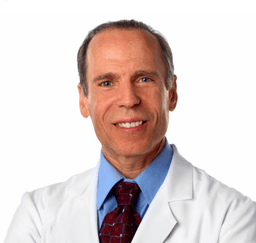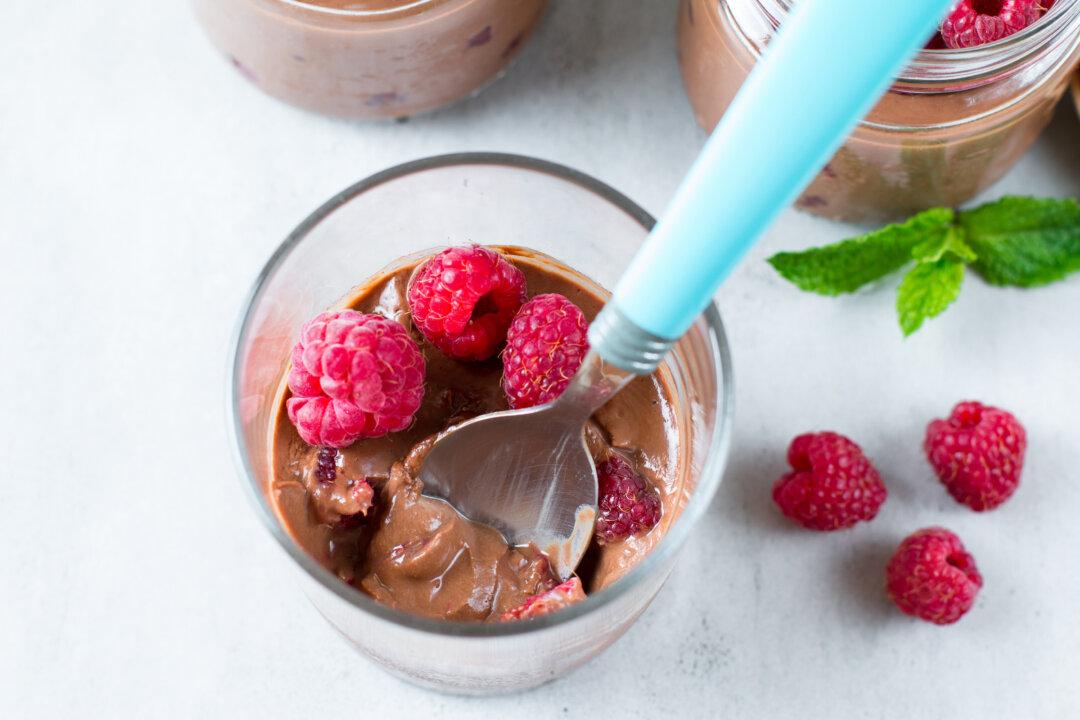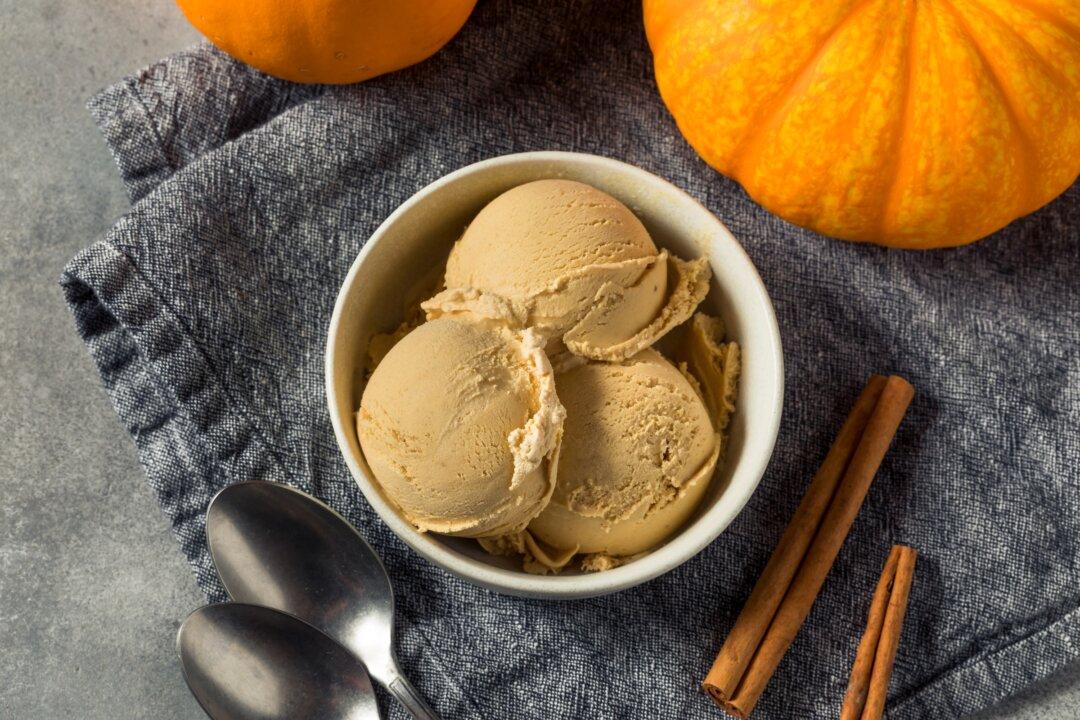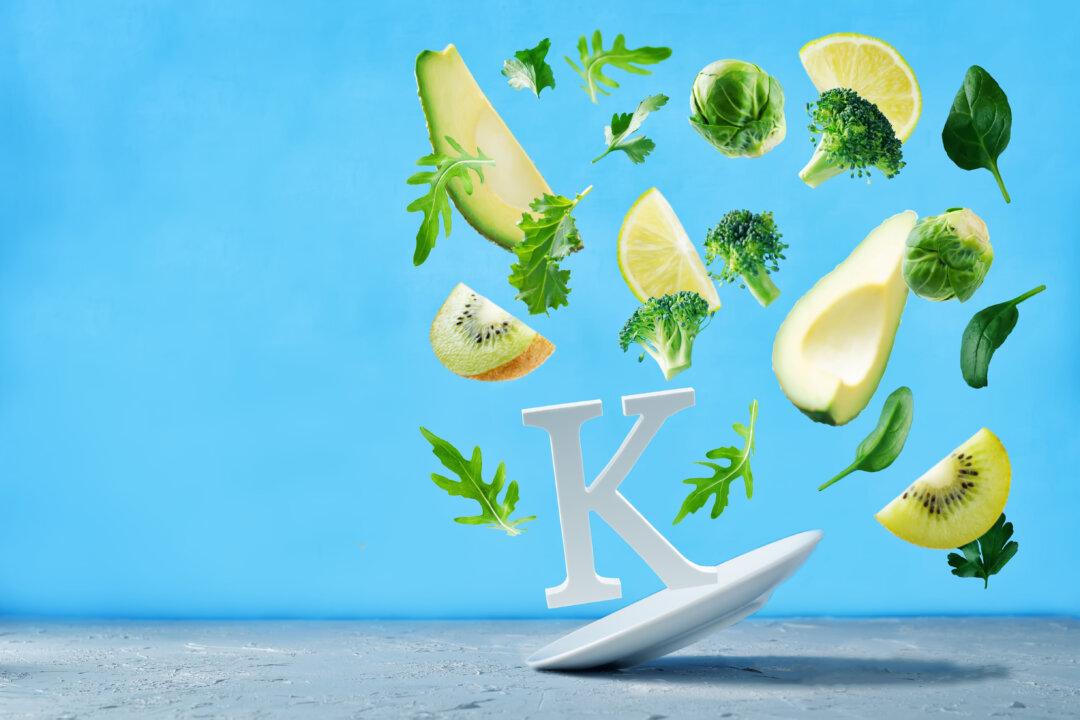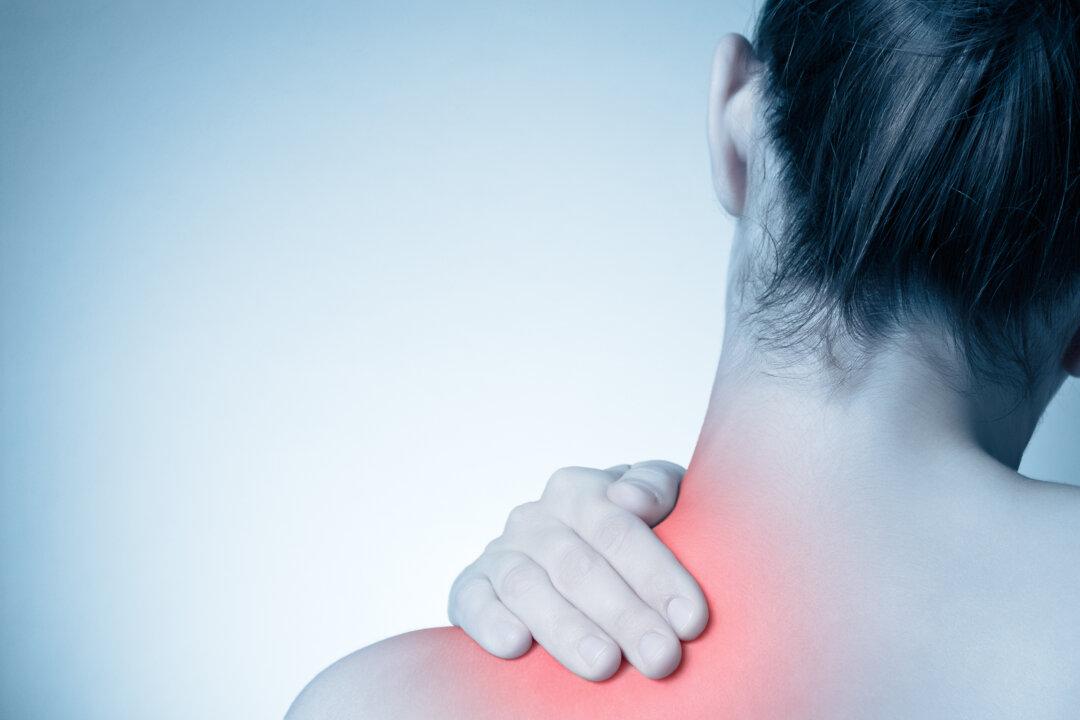Nutrition scientists have shown over and over that people who eat more natural plant foods – vegetables, fruits, legumes, nuts and seeds, etc. – are less likely to be diagnosed with cancer. But are all vegetables equally protective? To win the war on cancer, we must design an anti-cancer diet, which focuses on the foods with the most powerful anti-cancer effects – then we could eat plenty of these foods each day, flooding our bodies with the protective substances contained within them.
The cruciferous family of vegetables is full of super foods with powerful anti-cancer effects – we should eat vegetables from this family every day. This family includes green vegetables like kale and bok choy plus some non-green vegetables like cauliflower. For a full list of cruciferous vegetables, click here.This family includes green vegetables like kale and bok choy plus some non-green vegetables like cauliflower.


